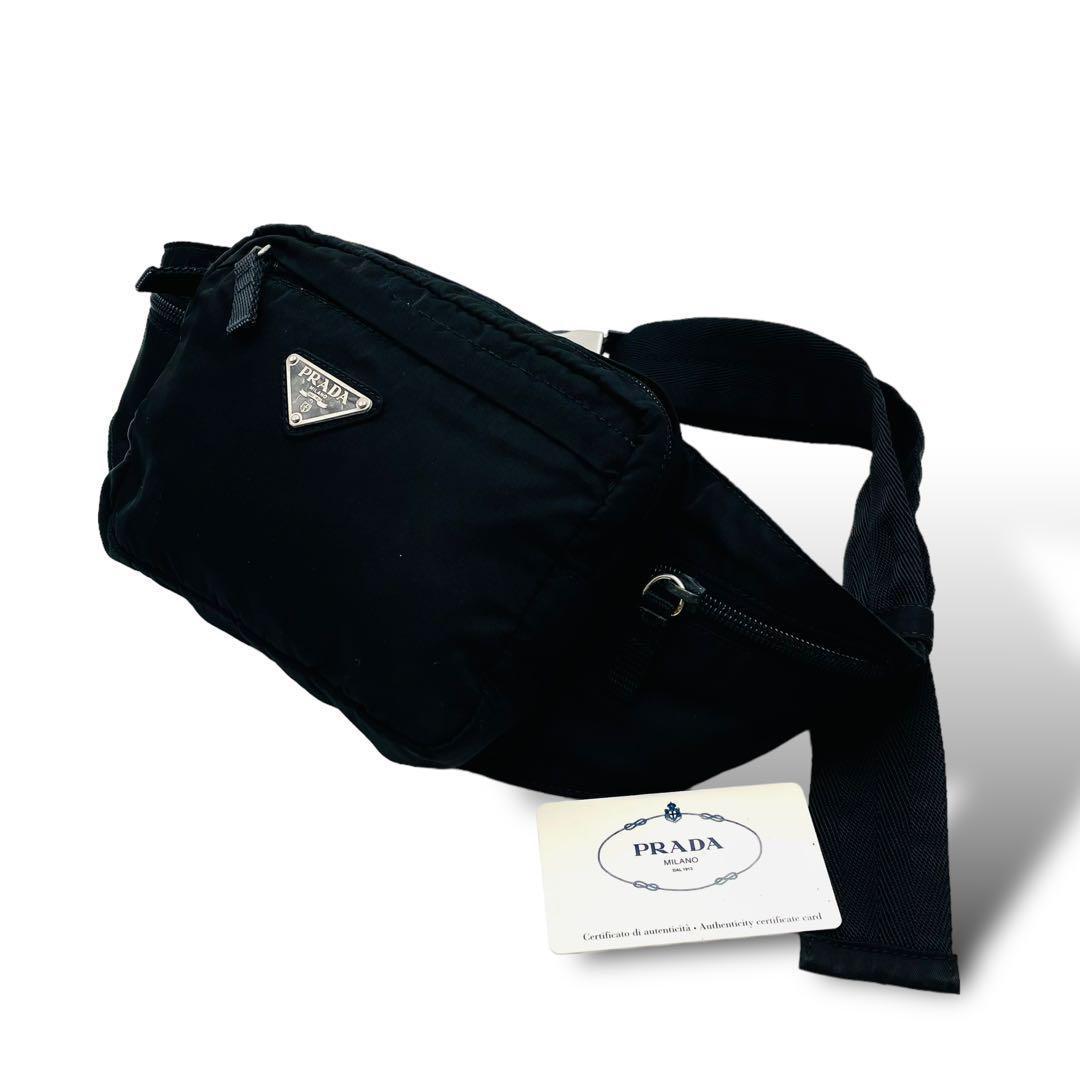セオリー シングルライダースジャケット ラムレザー ライトベージュ Sサイズ
(税込) 送料込み
商品の説明
★Theory★
Theory セオリー シングルライダースジャケット ラムレザー Sサイズ ライトベージュ
*******************************
○サイズ、平置き寸法
肩幅38cm
身幅42.5cm
着丈50cm
袖丈62cm
※素人採寸のため、
多少の誤差はご了承ください。
◯色:ライトベージュ
※ 光の加減で色味が写真に
よって異なる場合ございます。
○素材
表地 :羊革
裏地:キュプラ100%
*******************************
○商品説明
とても柔らかい羊本革で着心地は抜群です☆彡
カラーもライトベージュで明るく
これからの季節にピッタリ!
ワンピースに、スカートに、ジーンズサッと羽織ってもらえるお品です( > _ > )
☆購入場所
ブランドリユース店・質屋
古物市場・ストア商品
【全て大手ブランド取り扱い店にて鑑定済みの正規品になります。】
☆素人検品、自宅保管にご理解頂ける方のご購入をお待ちしております☆彡
※購入前に画像にて
確認して下さいね(* > > *)
*******************************
○ご注意点(_ _)
※着用に辺り気になる感じではありませんが右袖のチャック部分に少しだけ汚れがございます☆彡【画像14枚目】
※サイズ感は普段着ている
お洋服の寸法を基準に比較して
頂くと解りやすいかと思います。
※梱包はコンパクトに畳み
お品によっては圧縮しての
梱包になる物もございますので
畳みジワ等はご了承下さいませ。
※らくらくメルカリ便と
ゆうゆうメルカリ便を変更させて
頂く場合があります。
ご都合が悪ければご購入前に
お知らせ下さい。
※コメントや交渉中でも
メルカリのシステム上、
先に購入された方が
優先となりますので
宜しくお願い致します( > _ > )商品の情報
| カテゴリー | ファッション > レディース > ジャケット・アウター |
|---|---|
| 商品のサイズ | S |
| ブランド | セオリー |
| 商品の状態 | 目立った傷や汚れなし |

輝い セオリー シングルライダースジャケット ラムレザー ライト

セオリー シングルライダースジャケット ラムレザー ライトベージュ S

輝い セオリー シングルライダースジャケット ラムレザー ライト

セオリー シングルライダースジャケット ラムレザー ライトベージュ S

輝い セオリー シングルライダースジャケット ラムレザー ライト

輝い セオリー シングルライダースジャケット ラムレザー ライト

セオリー シングルライダースジャケット ラムレザー ライトベージュ S

輝い セオリー シングルライダースジャケット ラムレザー ライト

セオリー シングルライダースジャケット ラムレザー ライトベージュ S

輝い セオリー シングルライダースジャケット ラムレザー ライト

セオリー シングルライダースジャケット ラムレザー ライトベージュ S

セオリー ライダースジャケット(レディース)の通販 200点以上 | theory

2024年最新】セオリー シングルライダースの人気アイテム - メルカリ

セオリー シングルライダースジャケット ラムレザー ライトベージュ S

セオリー シングルライダースジャケット ラムレザー ライトベージュ S

セオリー ライダースジャケット(レディース)の通販 200点以上 | theory

theoryセオリー ラムレザー シングルライダースジャケット

セオリー ライダースジャケット(レディース)の通販 200点以上 | theory

セオリー ライダースジャケット(レディース)の通販 200点以上 | theory

セオリー ライダースジャケット(レディース)の通販 200点以上 | theory

シングルライダースジャケット メンズの通販・価格比較 - 価格.com

セオリー ライダースジャケット(レディース)の通販 200点以上 | theory

2024年最新】セオリー シングルライダースの人気アイテム - メルカリ

セオリー ライダースジャケット(レディース)の通販 200点以上 | theory

セオリー シングルライダースジャケット ラムレザー ライトベージュ S

セオリー ライダースジャケット(レディース)の通販 200点以上 | theory

輝い セオリー シングルライダースジャケット ラムレザー ライト

canal deux Luxe】ラムレザー ライダース|ライダース|ニコル公式通販

幾何学柄 ジャカードニット タイトスカート 通販 - ディノス

セオリー シングルライダースジャケット ラムレザー ライトベージュ S

シングルライダース レザージャケット ノーカラージャケット ライダースジャケット

セオリー シングルライダースジャケット ラムレザー ライトベージュ S

セオリー ライダースジャケット(レディース)の通販 200点以上 | theory

LB.04/バンドカラーシングルライダース(6722213202) | NANO universe

セオリー ライダースジャケット(レディース)の通販 200点以上 | theory

2024年最新】セオリー シングルライダースの人気アイテム - メルカリ

セオリー シングルライダースジャケット ラムレザー ライトベージュ S

NewYork人気セレクトショップ発 羊革 ラムライダースジャケット
![theory[セオリー] | 18S/S バンドカラーラムレザーシングルライダース](https://boo-bee-2.s3-ap-northeast-1.amazonaws.com/upload/save_image/03301614_5c9f175fb4216.jpg)
theory[セオリー] | 18S/S バンドカラーラムレザーシングルライダース

セオリー ライダースジャケット(レディース)の通販 200点以上 | theory














商品の情報
メルカリ安心への取り組み
お金は事務局に支払われ、評価後に振り込まれます
出品者
スピード発送
この出品者は平均24時間以内に発送しています














